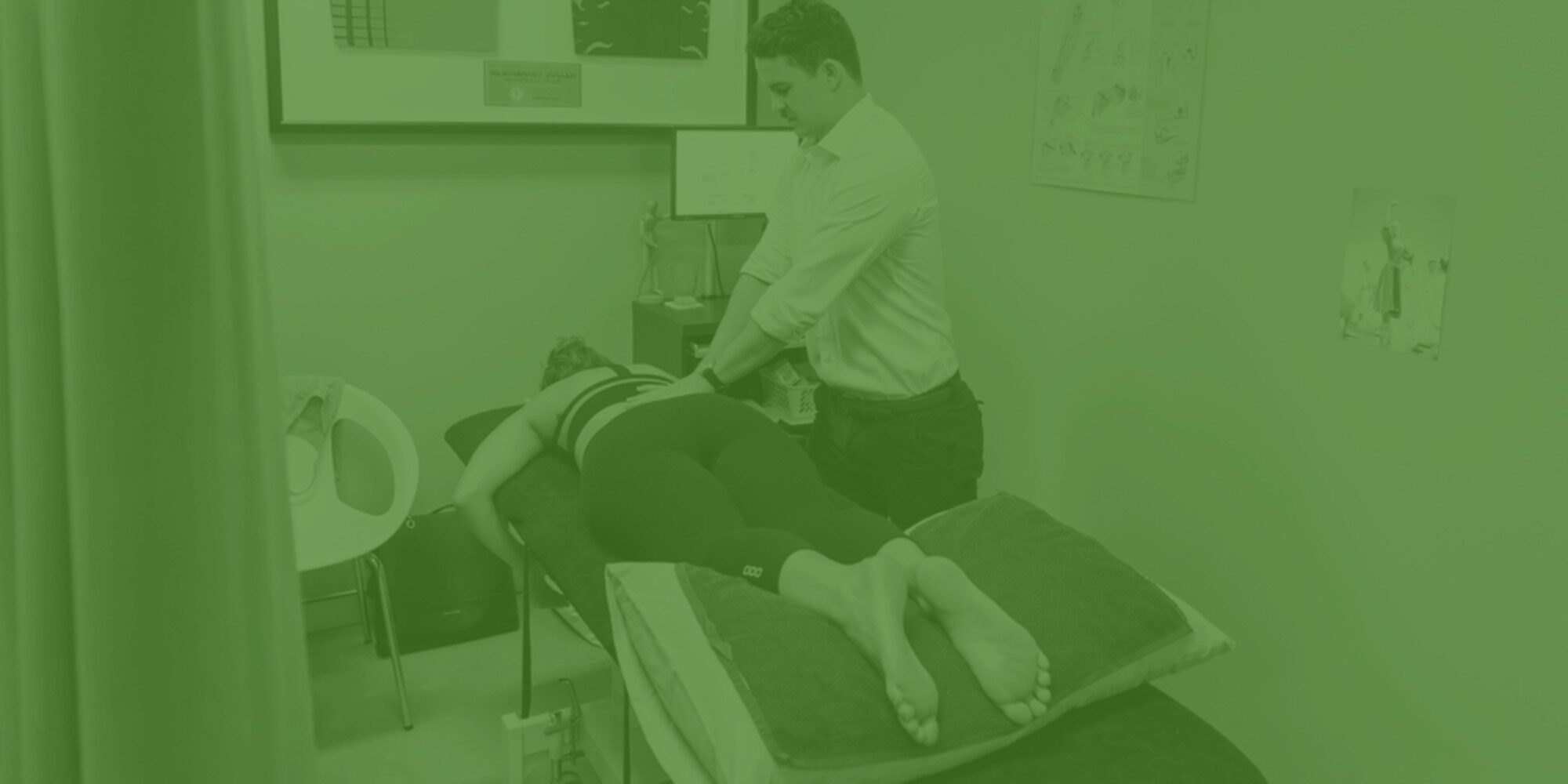Mental health is a broad term that can encompass cognitive and emotional well-being and is increasingly acknowledged as a pivotal aspect of your overall health. At Pivotal Motion Physiotherapy, we relish the opportunity to assist those facing mental health challenges with a wide variety of intervention types. Our physiotherapy for mental health services are tailored to patients dealing with conditions such as depression and anxiety disorders. We recognize that people dealing with these challenges may feel isolated, which is why we always strive to ensure our patients are comfortable.
People with mental health issues frequently encounter physical difficulties, often stemming from inactivity related to their mental state. At Pivotal Motion Physiotherapy, we adopt an active approach to patient care for those with mental health challenges. Our mental health physio team strives to enhance well-being and empower individuals by encouraging functional movement, physical activity, and consistent exercises. Additionally, we offer a client focused manual therapy approach, recognizing that everyone’s needs are unique. Our aim is to make a meaningful difference in our patients’ lives through personalised manual therapy and rehabilitation.
Taking the first step towards mental health recovery can be daunting, which is why our physiotherapist Brisbane team are here to help you get started. Whether you need an exercise plan formulated for you, assistance with getting back into exercise, or injury management, Pivotal Motion are here to help. Book a physiotherapy for mental health appointment online or give us a call on 07 3352 5116 today.

Releasing Endorphins
When we exercise we experience the release of natural brain chemicals. These hormones, known as endorphins, are produced to help alleviate pain and stress, enhance our sense of well-being, as well as improve our mood.
Establishing Healthy Coping Mechanisms
Engaging in beneficial activities like exercise to manage depression or anxiety is a healthy way of coping. Conversely, unhealthy coping mechanisms like alcohol consumption or smoking can exacerbate symptoms or even revert the mental benefits of exercise you may be beginning to see.
Keeping Busy
Doing something productive with your time such as exercise can help you get away from negative thoughts that feed depression and anxiety. Whether you’re walking the dog through the park or putting in a big gym session, finding simple ways to keep your mind busy and not focused on the negatives is the key to unlocking the mental benefits of exercise.
Gaining confidence
Overcoming obstacles and meeting exercise goals can boost your self-confidence and make you feel accomplished. Through consistent exercise efforts, regardless of if they are big or small, you will begin to see improvements in your mental health, including a stronger confidence in yourself when facing personal challenges in the future.
How much is enough?
Studies have shown a strong link between exercise and mental health, so much so that engaging in physical activity for at least 30 minutes a day for five days a week can help improve symptoms of depression and anxiety. Even smaller amounts of exercise, such as 10-15 minutes, can make a positive difference. It is important to stick with an exercise routine over the long term to experience the mental benefits of exercise. Finding enjoyable activities to incorporate into your daily routine can be a manageable way to start to reap the mental health benefits of exercise.
HOW OUR MENTAL HEALTH PHYSIO CAN HELP YOU
Starting and sticking with an exercise routine or regular exercise can be a challenging and daunting experience for anyone, however for those struggling with mental health, those challenges can feel amplified. That’s why we recommend taking these small steps when trying to get moving again. If you are having difficulty making your way through these steps, Pivotal Motion are here to help develop a mental health physio plan.
FIND WHAT YOU LIKE TO DO
Find out what modality of exercise you’re most likely to enjoy. This way you are more likely to stick to it for the long run and maximise the likelihood of positive impacts on your mood. Not sure what you like to do for exercise? Our physiotherapy for mental health team are well versed in all different types of exercise – we will find what you like.
SET REALISTIC GOALS
Meeting exercise goals (particularly mental health goals) can be a slow process. Think realistically about what you may be able to achieve and begin gradually. An Exercise Physiologist can tailor for you an individualised plan that meets your needs and abilities and sets you up for success.
IDENTIFY YOUR BARRIERS
Try and think about what has stopped you from being physically active in the past. For example, if you do not enjoy exercising on your own, consider joining a group exercise class.
PREPARE FOR SETBACKS
Setbacks can be disappointing but are a part of life. Don’t let small obstacles and setbacks discourage you from reaching your goals. If you skip exercise one, two or even three days, just try to refocus, and remember tomorrow is a new day!


Considerations for Exercise and Mental Health
- Exercise, although very beneficial, is not a replacement for seeing mental health professionals such as a counsellor or psychologist.
- Check with an Exercise Physiologist before starting a new exercise plan – making sure you’re exercising right and preventing injury is a great start to your journey.
- If you have any co-existing conditions such as an injury, diabetes, or heart condition, consult with an Exercise Physiologist and they will provide you with an individualised program tailored to your needs. The goal is always better health in all areas!
- Please contact an Australian well-being and support organisations such as Beyond Blue (1300 224 636) or Lifeline (13 11 14) if you are struggling with significant depression or anxiety or are in crisis.
Talk To Pivotal Motion About Your Exercise and Mental Health
If you’re ready to start taking steps towards improving your mental health, the Brisbane exercise physiologist team from Pivotal Motion are available to help. Book an appointment online, or give us a call on 07 3352 5116 to start a physiotherapy for mental health program today.


